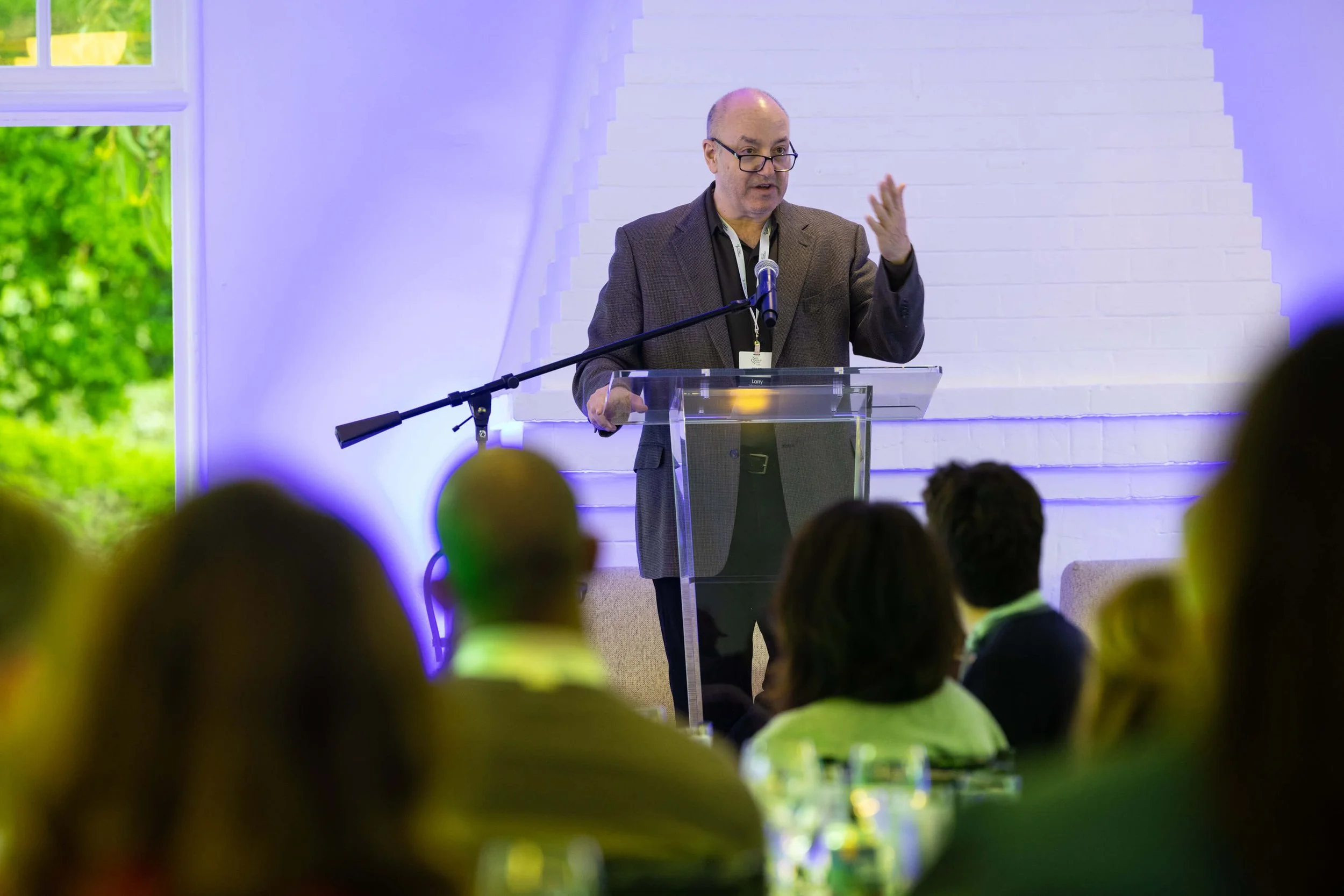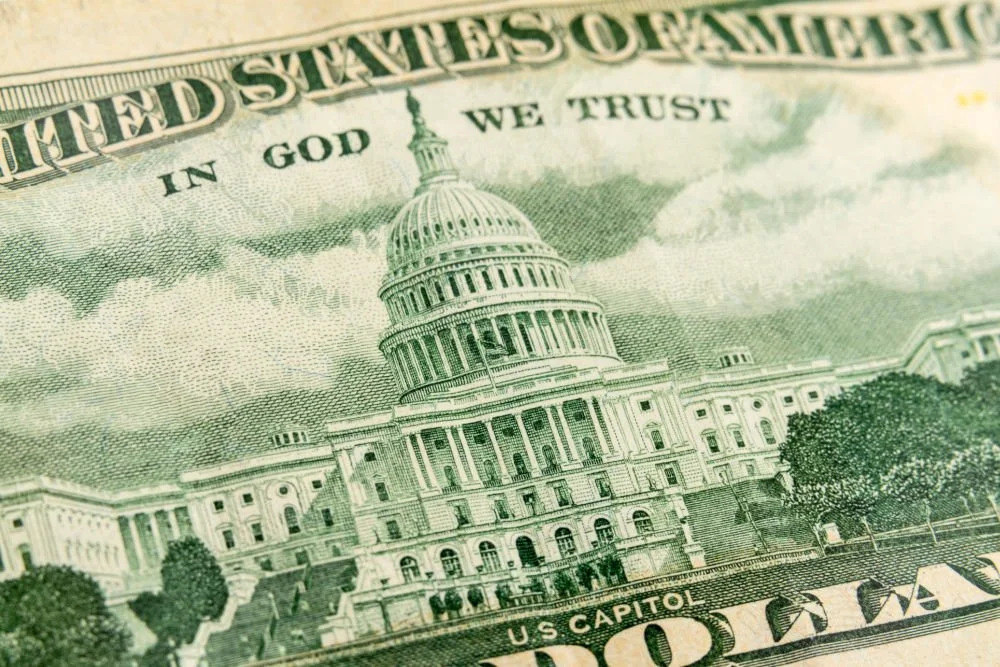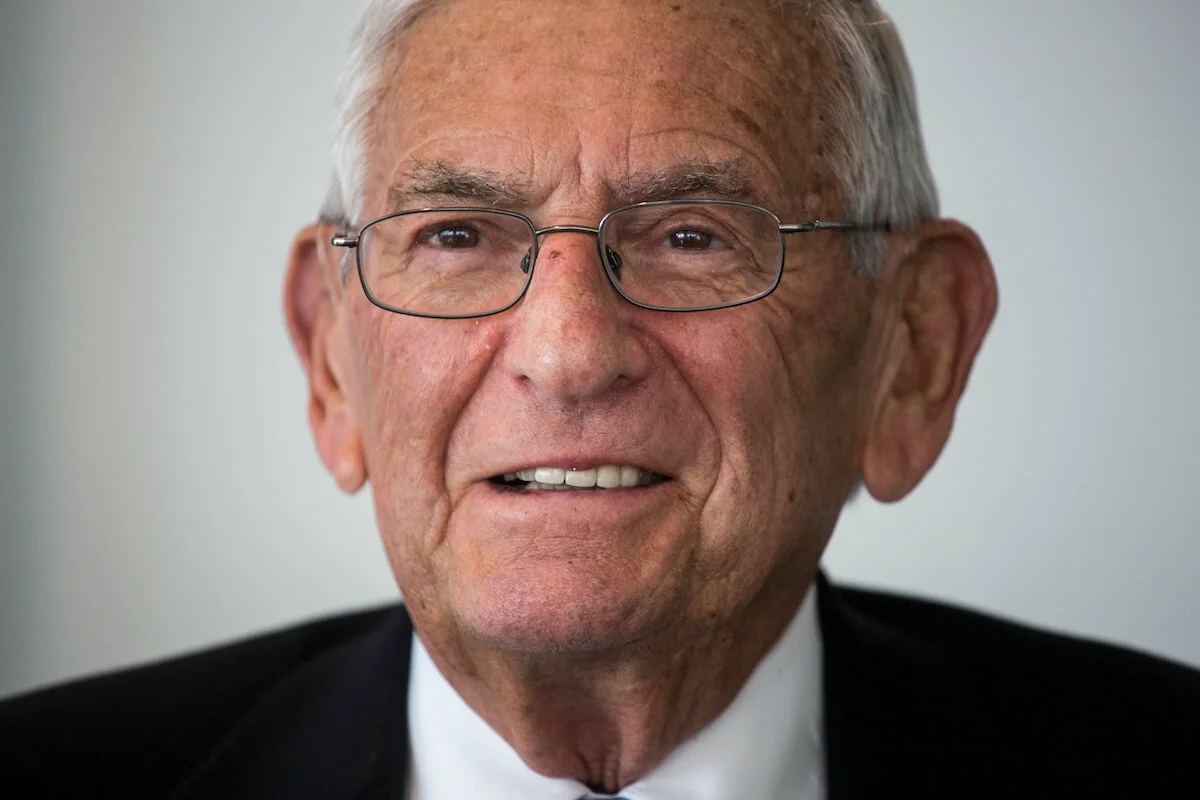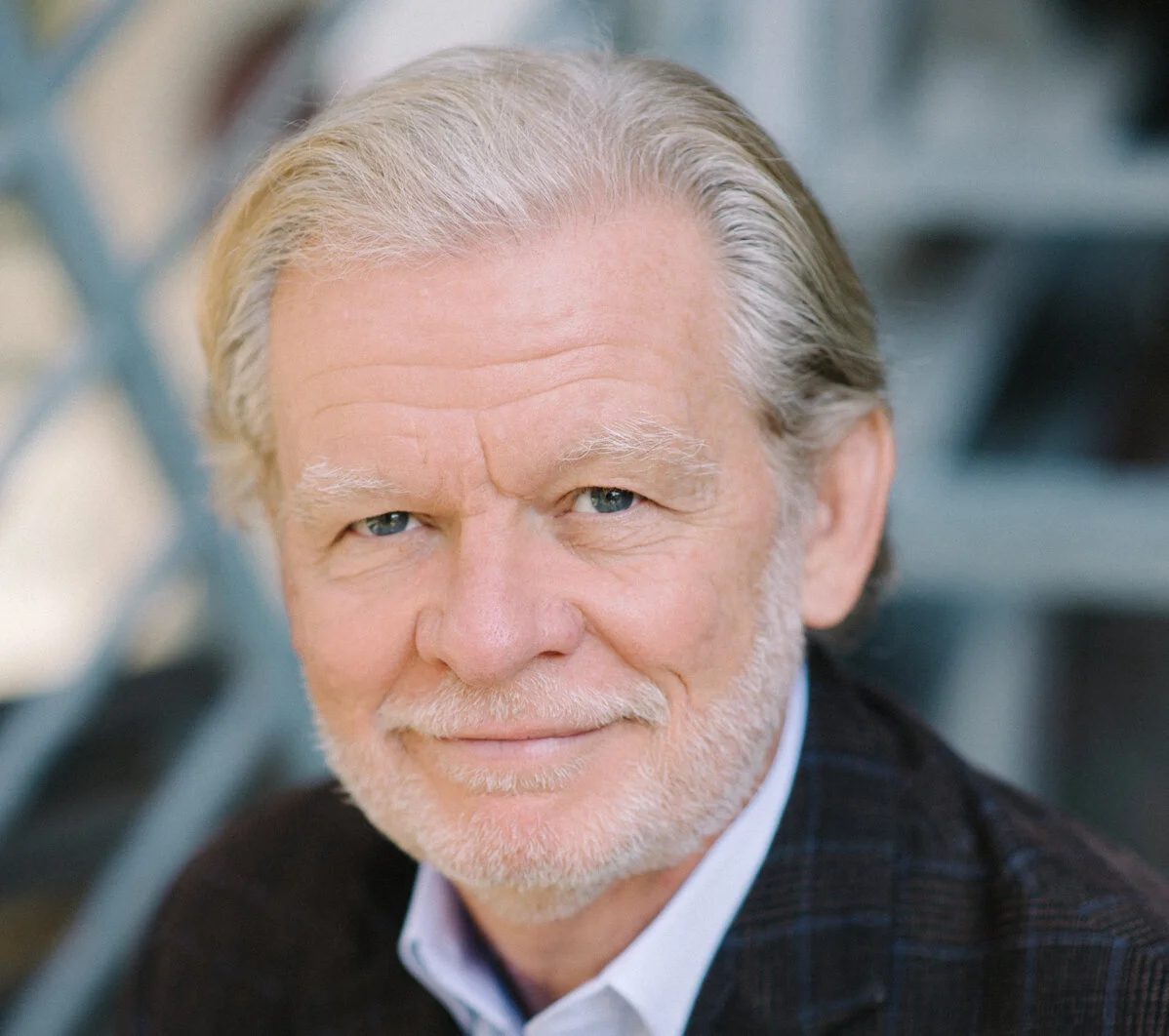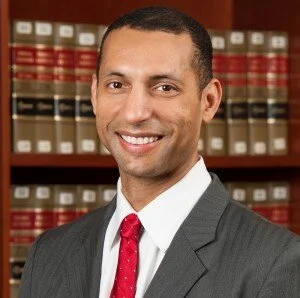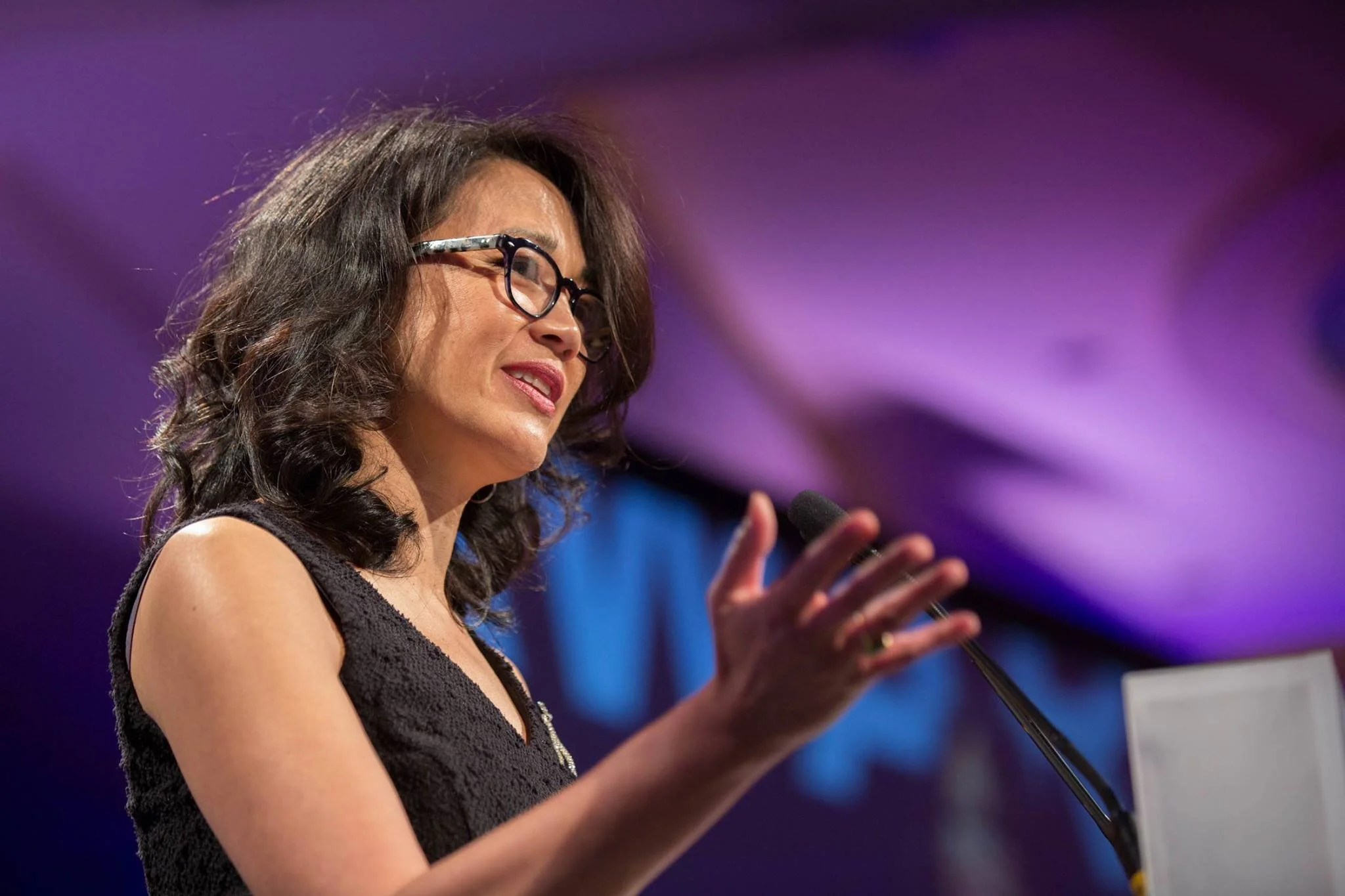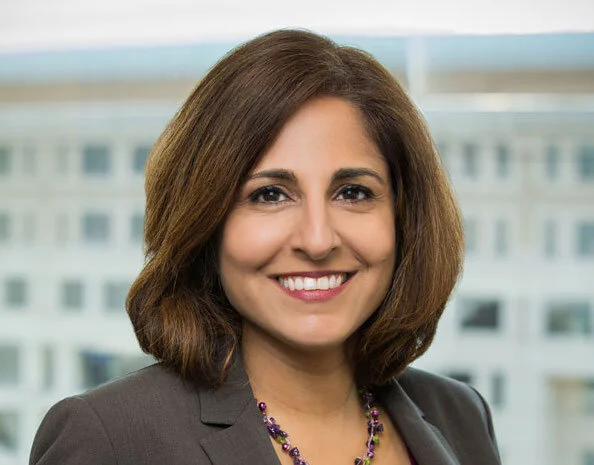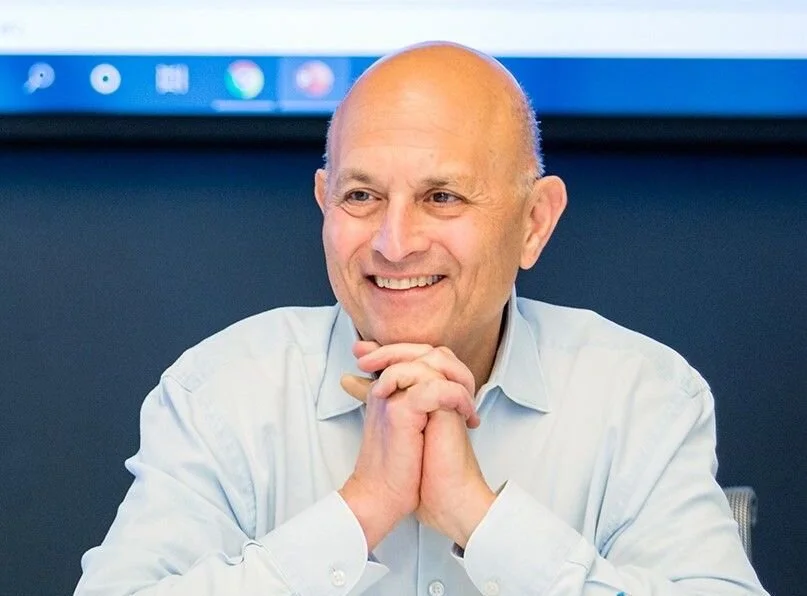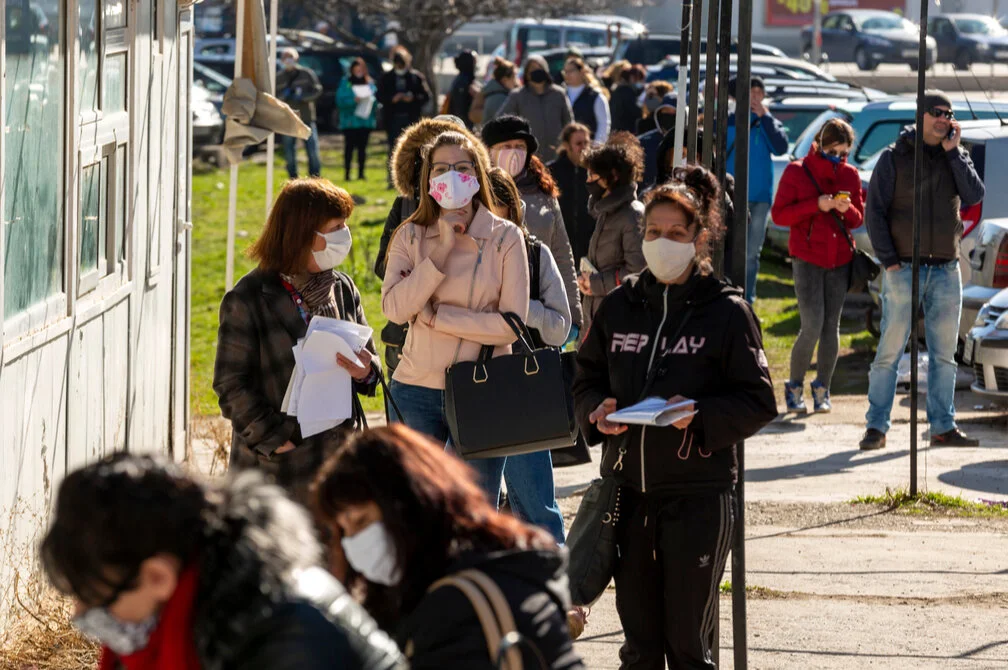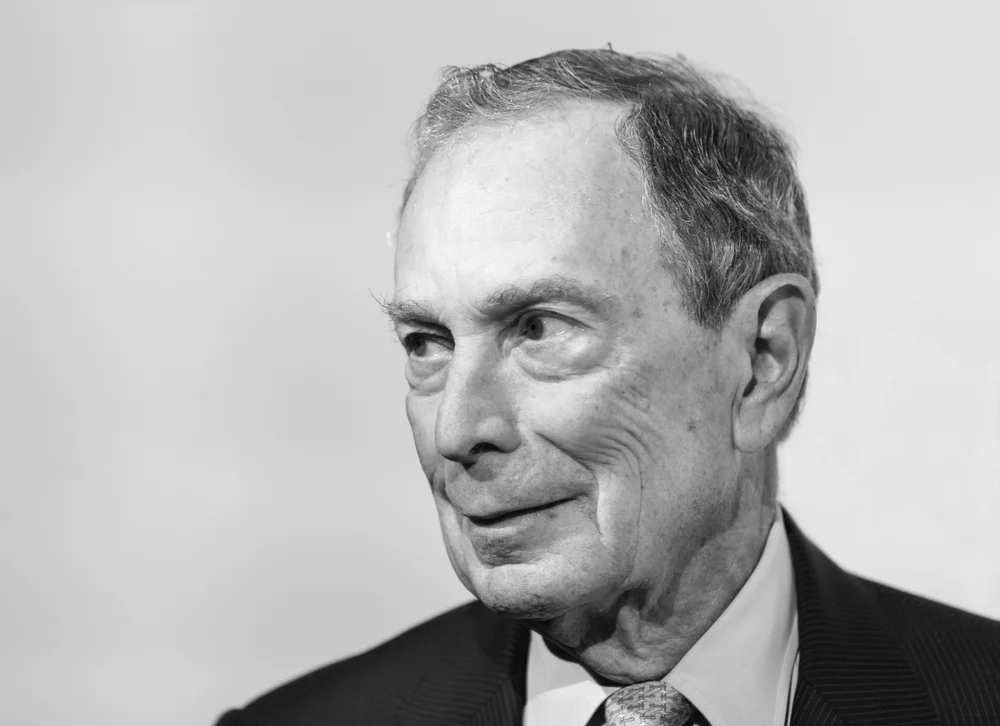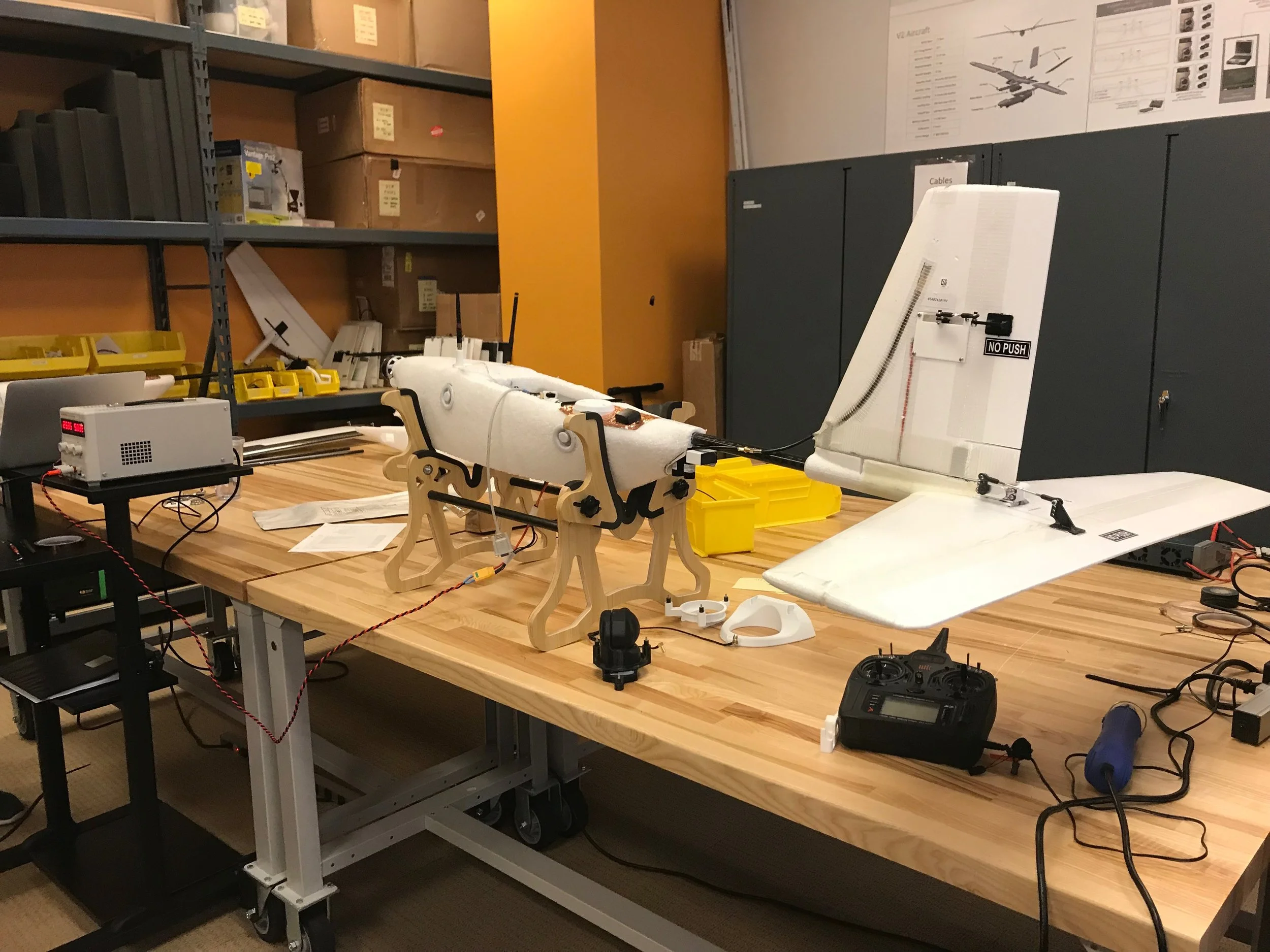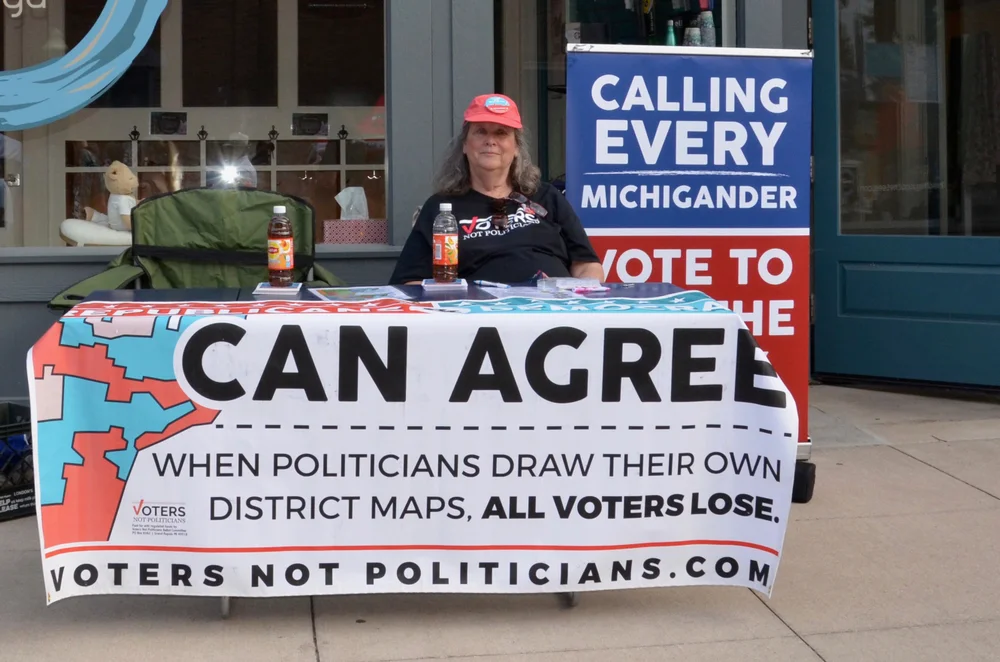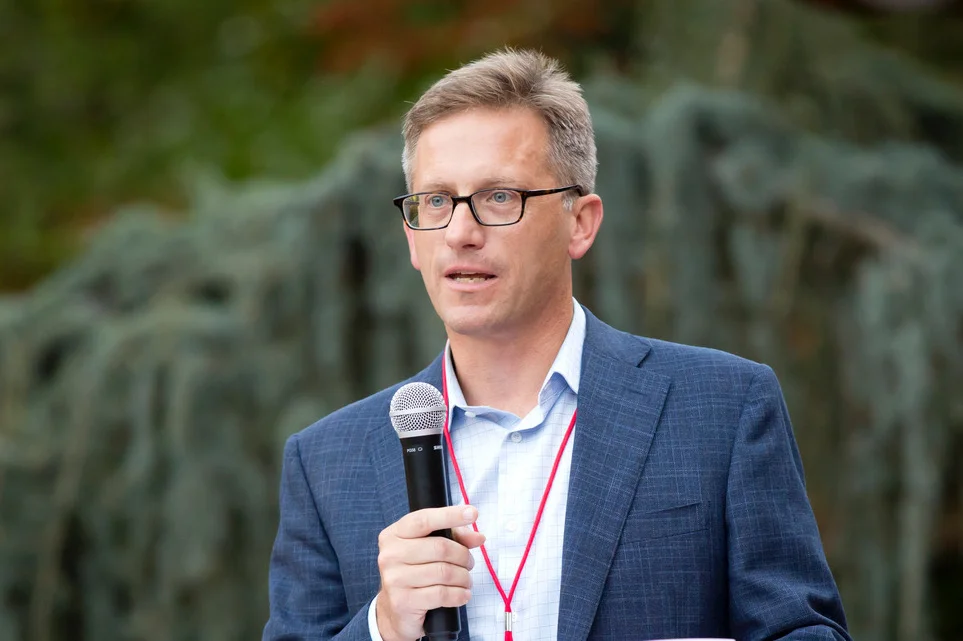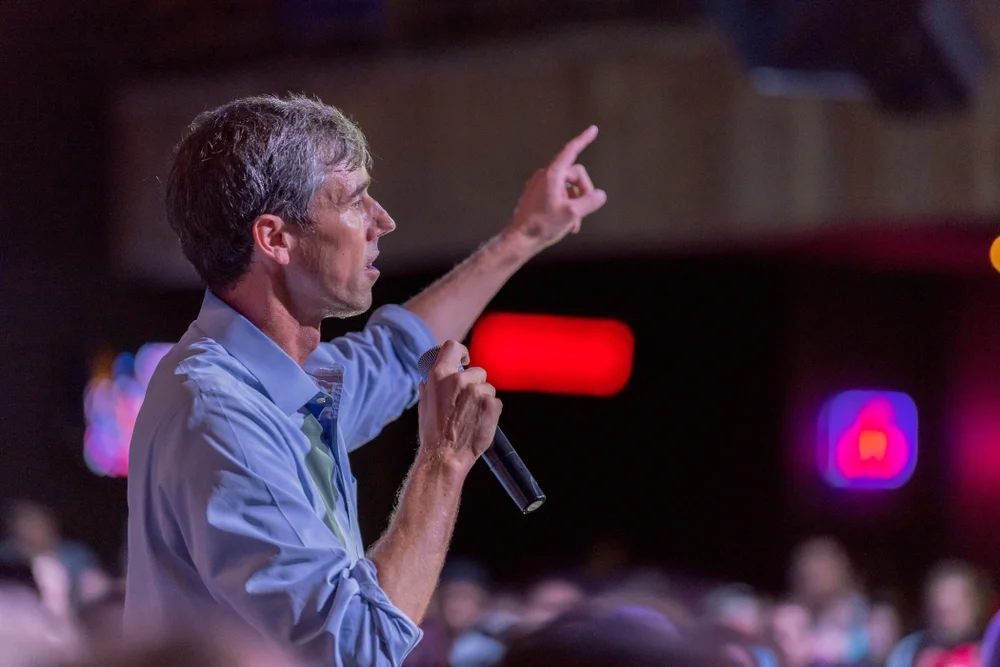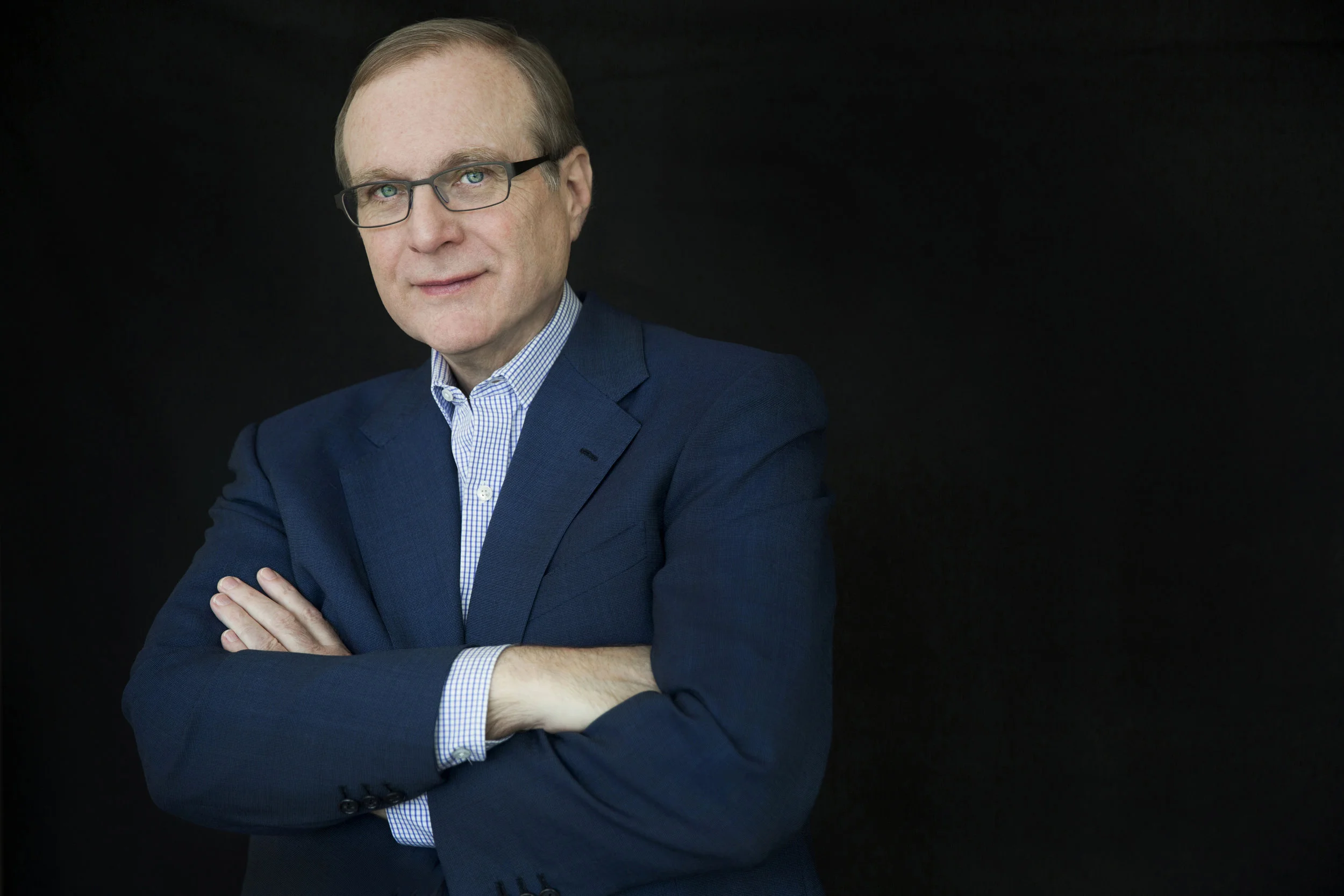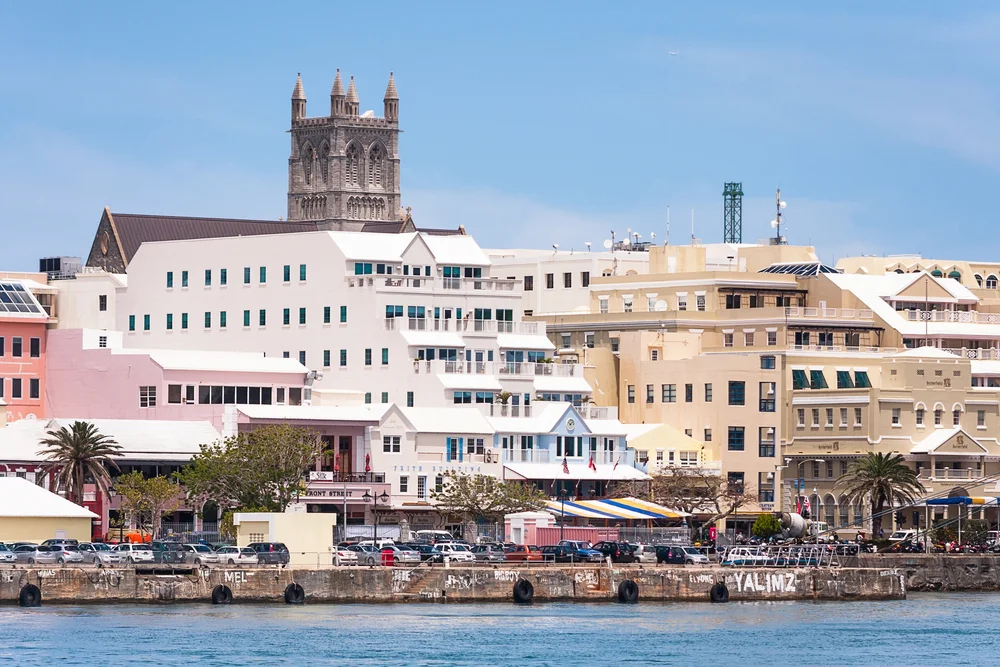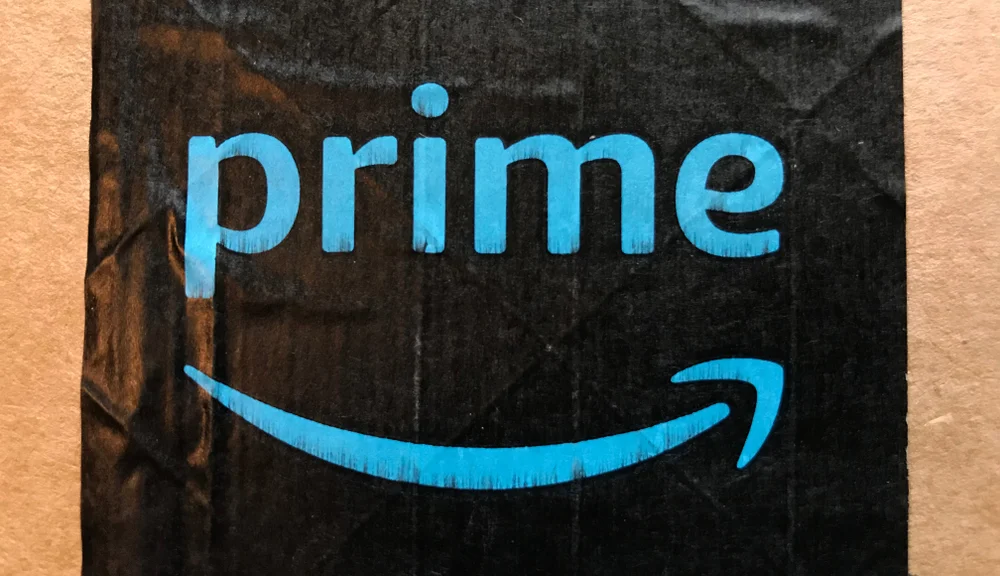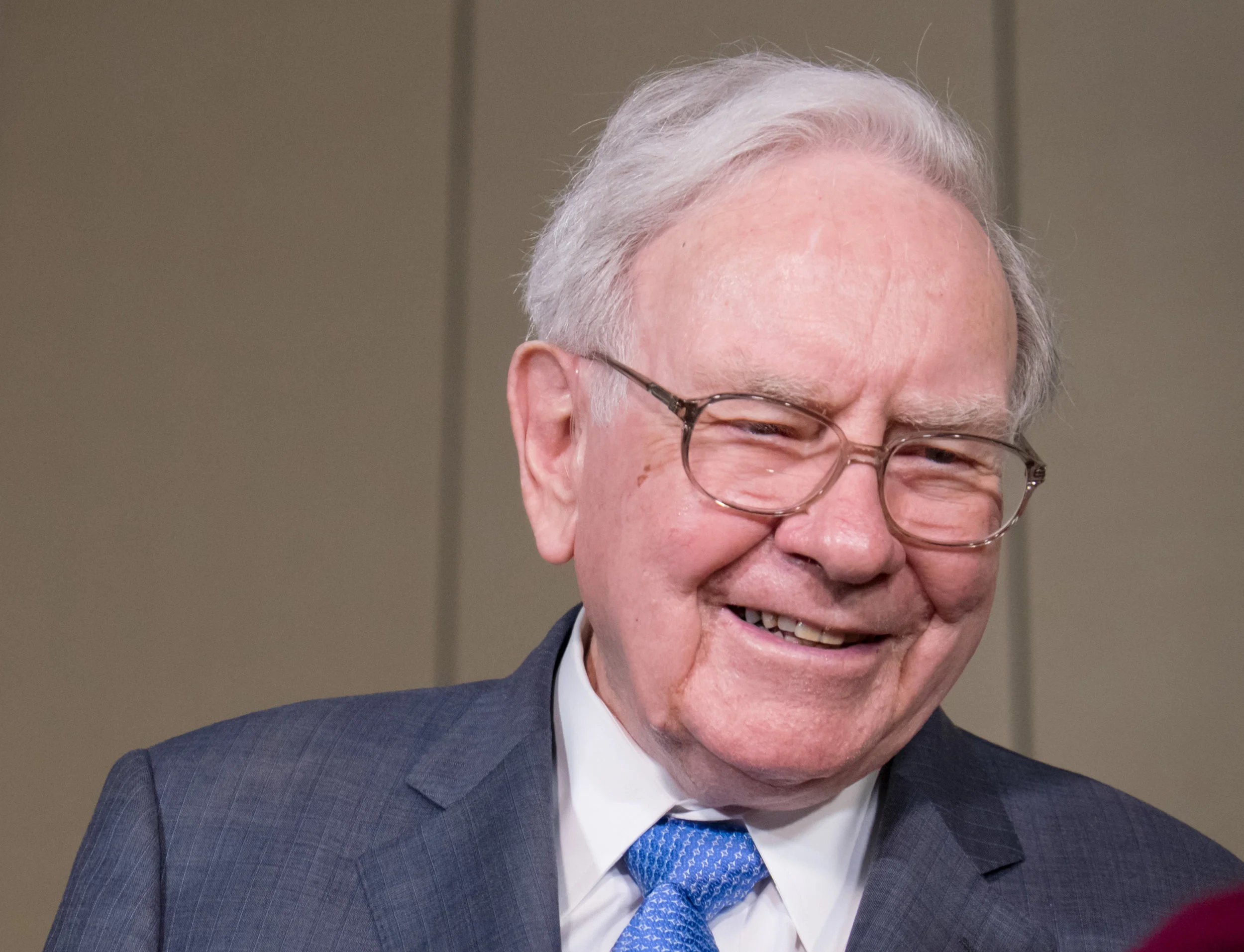Hey, Billionaire Donors: It’s Time to Pick up the Pace of Your Giving
/A Melting glacier in antarctica. Photo: Bernhard Staehli/shutterstock
Andrew Carnegie famously said, “It is more difficult to give money away intelligently than to earn it in the first place.”
This has always struck me as nonsense. Most people can’t fathom how they might make billions of dollars, but I’m betting quite a few readers of this article would have some good ideas about how to give away such wealth. In defense of Carnegie, he did make this comment a century ago, when organized philanthropy was still a fledgling field and there was little knowledge about how mega-donors could usefully deploy vast sums to improve society. Things are very different now. The U.S. has a far larger and more sophisticated social sector—one with dozens of nonprofits that have annual revenues that exceed $250 million and myriad experts on how to give money to achieve change.
Still, though, America’s super-wealthy continue to invoke Carnegie’s argument in one form or the other. The lament among donors that it’s hard to give away lots of money wisely is so common that the Bridgespan Group published a study on the problem back in 2015. Drawing on Bridgespan’s work with high-net-worth clients, the authors wrote about the frustration donors can experience in deploying their money wisely to improve society. Many felt that “a capacity problem can be a real barrier for big bets on social change, where organizations that are effective enough and large enough to make good use of a big investment may, in some fields, and some geographic areas, be few and far between.”
Related: Is Making "Big Bets" for Social Change Really So Hard?
After that report, Bridgespan published a series of six reports that outlined in detail how donors might make “billion dollar” bets in various areas, from criminal justice reform to early childhood education.
Will these new blueprints lead to an uptick in big bets? I hope so, but I’m not holding my breath. That’s because I’ve never fully bought the argument that the wealthy aren’t giving more because they can’t figure out how to do so. Certainly, I’ve heard the same claim from donors, myself. But I think that what’s mainly holding back larger scale giving is not a lack of good choices; it’s a lack of urgency on the part of complacent philanthropists who should know better and be moving faster.
I’m not talking here about the younger billionaires who don’t give much yet. As I’ve written before, the super-wealthy can have good reasons for not prioritizing philanthropy—like being too busy making their fortunes in the first place. For example, I don’t expect the founders of Airbnb to ramp up their philanthropy right now, even though both have signed the Giving Pledge. Their company hasn't even gone public yet.
Related: Nine Reasons Rich People Don't Give Away More Money
Rather, my comments here are aimed at the older donors who are already committed to, and engaged in, large-scale philanthropy—but aren’t moving with enough speed and determination.
The common excuse that donors can't find social change organizations big enough to absorb large gifts feels weak. In many critical areas, such organizations do exist. Anyway, venture capitalists routinely help scale fledgling start-ups into major operations in a few years. Why can't philanthropists do the same thing?
The lack of urgency among donors is especially troubling in areas where more private giving is desperately needed sooner, not later. Climate change is the best example. At least six members of the Giving Pledge have made climate change a top priority, and quite a few others are concerned about this problem. Everyone knows the clock is ticking here, and that we’re in a race against time to lower greenhouse gas emissions. Yet the pledgers worried about climate change are still are giving away only a small fraction of their wealth.
Few donors care about this issue more than Michael Bloomberg, a top giver for climate causes who’s been ramping up all his giving lately. Yet Bloomberg gave away less than 2 percent of his net worth in 2016. Julian Robertson, another top giver for climate change, is doing only somewhat better: In 2015, he gave away around 4 percent of his net worth.
Robertson is 85 years old. Bloomberg is 75. They’ve both signed the Giving Pledge, and they both know that time is of the essence on climate change, which Robertson has called the "defining threat of our lifetime." So why aren’t they giving more?
I don’t know the answer, but it’s hard for me to believe that there’s a lack of effective ways to give more money to slow climate change. The top environmental organizations are big outfits with the kind of strong infrastructure that should allow them to scale up further. Indeed, in an earlier article, we documented how the leaders of these groups have a long wish list of things to spend more money on. There seems to be no good reason such funds aren't available, given the deep pockets of avowed climate funders who've pledged to give away most of their wealth.
Related:
- A Pitch to Billionaire Climate Donors: You Made the Pledge; Let’s Get To It
- Dear Climate Funders: The Clock is Ticking. Use Your Endowments
I’m also perplexed by the lack of greater giving for global health. This is another urgent funding area. Every year, millions of people die from preventable disease, while millions more suffer disability or harm.
If you listen to Bill and Melinda Gates, and other advocates of greater giving for global health such as GiveWell, more philanthropy in this area could translate into more lives saved. Indeed, private giving has already saved millions of lives in poor countries over the past decade or two. What’s more, philanthropy in this area yields big, long-term dividends: When poor countries achieve greater vaccination rates, resulting in fewer people dying or debilitated by infectious diseases, they are more prosperous. When women have more access to family planning services, they do better economically—while slowing population growth helps poor nations as a whole. In other words, there’s an especially strong case that donors should front-load giving on global health, as opposed to stretching it out over many years.
So why aren’t more mega-donors funding in this area? And why are donors like the Gateses, who are committed to global health, not giving away more money? Bill Gates has $90 billion in private investments, even as he and Melinda issue urgent pleas for more giving for global health. It’s hard to imagine that they don’t have some good reasons for keeping so much wealth on the sidelines while so many people are needlessly suffering and dying. But what are they?
And for that matter, why is Warren Buffett—who, of course, started the Giving Pledge with Gates—moving so slowly in harnessing his own wealth to philanthropy? Buffett’s biggest issue is family planning and reproductive health. Why is he still sitting on $73 billion in Berkshire Hathaway shares at the age of 87 while tens of millions of women in poor countries go without reproductive services—and tens of thousands of them die annually from botched abortions and other horrors? At the rate Buffett is transferring his shares to the Gates Foundation and his children's foundations—giving shares worth $3.2 billion just last week—it will take him many years to liquidate his fortune. I don't get it.
It seems doubtful that sophisticated donors like the Gateses or Buffett could truly be stumped about how to give more in a way that gets results. To be sure, there are various specific global health challenges that can’t easily be solved with more money—like developing elusive vaccines or getting past certain “last-mile” road blocks for delivering care. But this is also a field with lots of low-hanging fruit, allowing donors to give more money with high confidence that it will make a big difference. When it comes to family planning in particular, big global NGOs like DTK International know exactly what they’d do with extra resources.
Related:
- Bill and Melinda Gates Have a Big Vision. So Why Aren't They Writing Bigger Checks?
- Chasm: What Are Funders Doing To Close Big New Gaps in Aid for Family Planning?
Donors in search of solid bets for high-impact philanthropy in the developing world need look no further than the semi-finalists in the MacArthur Foundation’s 100&Change contest, which will grant $100 million to support a single promising idea. Nearly all the eight semi-finalists have offered up plans to improve health in poor countries; those plans have now undergone rigorous vetting by MacArthur's judges. There are two proposals for reducing blindness. Another aims to improve newborn survival in Africa.
MacArthur only plans to back one of these “shovel-ready” ideas. Will private donors step forward to fund the others?
I have no idea. But it’s time to stop buying claims that top philanthropists can’t find smart ways to give away more of their wealth—and to start pushing them harder to give more and give now.


